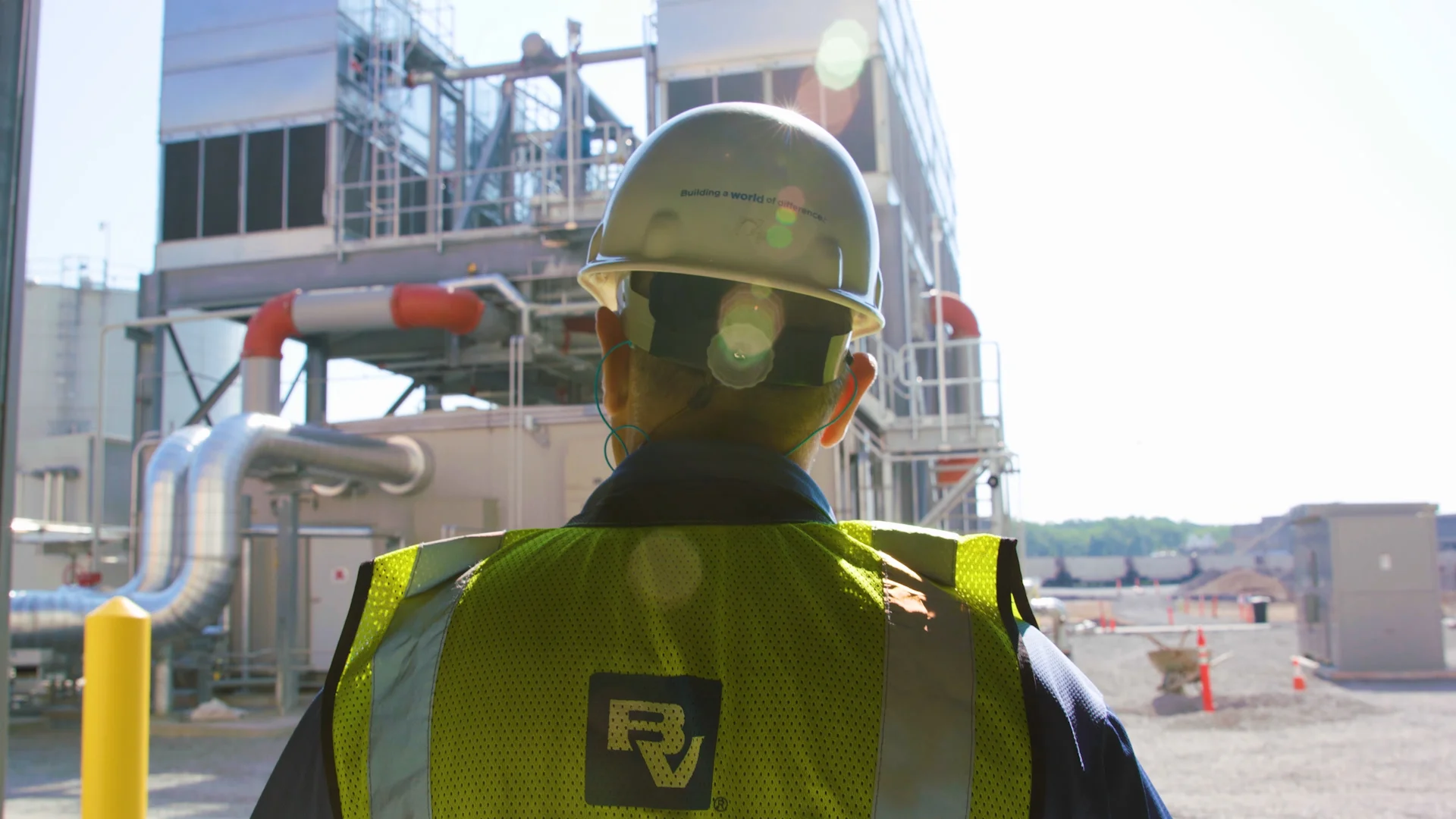
Sustainable Fuels: Challenges and Opportunities of Biomass to Liquids From MSW
Interest in Sustainable Aviation Fuel (SAF) has been rising, and supportive policies worldwide continue to drive activity in the field.

Gasification is the process of heating a fuel to the point at which fixed carbon in the fuel reacts with carbon dioxide, water and hydrogen to produce a synthetic gas, or “syngas.” This syngas is then oxidized in a separate oxidizer to release additional energy that can be captured in the heat recovery steam generator (HRSG). This produces a superheated steam that is used by a steam turbine to produce power.
Whilst gasification is a process with a long history and proven track record of extracting energy from fuels such as coal, its application in extracting energy from waste is something that has only begun to occur in the UK over the past few years.
The main driver of this development is the UK government's decision to award higher levels of support to Advanced Conversion Technologies (ACTs) of gasification under its Contract for Difference (CfD) subsidy scheme for renewable energy.
"We have seen the funding community start to become comfortable with the process and the technology, whereas previously there had been a nervousness around gasification. However, the incentives on offer have encouraged them to take another look, and now things are moving quite quickly."
Peter Hughes, Black & Veatch`s Business Development Director for Europe
It is easy to see why a substantial pipeline of waste-to-energy gasification plants is building up in the UK. When the Department for Energy and Climate Change (DECC) announced the first round of projects to successfully secure CfDs in early 2015, five contracts went to waste-to-energy plants – two traditional incineration plants and three ACT plants using gasification.
Responding to the momentum in the market, Black & Veatch announced the formation of its 50/50 joint venture with MWH – MBV Energy Recovery – that will provide engineering, procurement and construction (EPC) services to developers of gasification projects. MBV secured its first EPC contract when it was hired by developer CoGen UK to build its £87 million Ince Park project in Cheshire. The plant will export 21.5 MW of clean, affordable power, utilizing over 150,000 tonnes of material that would otherwise go to landfills.
“We often provide a commercial ‘wrap’ guarantee for these projects, underwriting the power output and availability of the plant, and we do this because we have confidence in our technical solutions.”
Peter Hughes, Black & Veatch's Business Development Director for Europe
Subject Matter Expert
Peter Hughes: HughesP@bv.com
